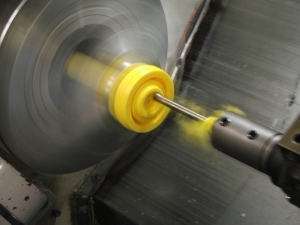
While it’s possible for a machine shop to never call for an extreme precision, however it is still getting more in demand every time, particularly for custom machining in Toronto. Testimonies from machinists on the floor reveal some essential improvements and lessons learned on the most challenging part of doing the job. As the industry moves forward, these lessons and advancements become more crucial.
A lot of go-to machines are being replaced by new geometries and grades.
Also, tools for custom machining in Toronto are done at local grinding facilities. The typical changes made are cutting to certain lengths, application of special coatings, and honing the edges.
In addition, shops are also using more and more new tool options in driving turn mills. They are engineered for more efficient material removal. This is done by optimizing cutting force chip load, machine acceleration, as well as engagement angle.
The most complex parts that call for custom machining in Toronto are challenging the machinists to adopt new strategies. Specific example is when some surface finishes with familiar features requiring to be machined using a grinding wheel rather than a milling cutter.
Moreover, learning how to utilize much more efficiently a single setup production of a machine tool may bring in great potential savings. Employing the best strategy of using a turn-mill will help eliminate the use of another setup and machine to guarantee that extra operations will not negatively affect the parts dimensions.
No matter how valuable these improvements are, neither of them helps in easing inspection challenges when it comes to addressing the more stringent quality requirements. Particularly in the case of custom machining in Toronto, advanced measurement technologies will be very important going even beyond the most exclusive machining tasks. And finally, more data about more part features will be required for much higher quality results.